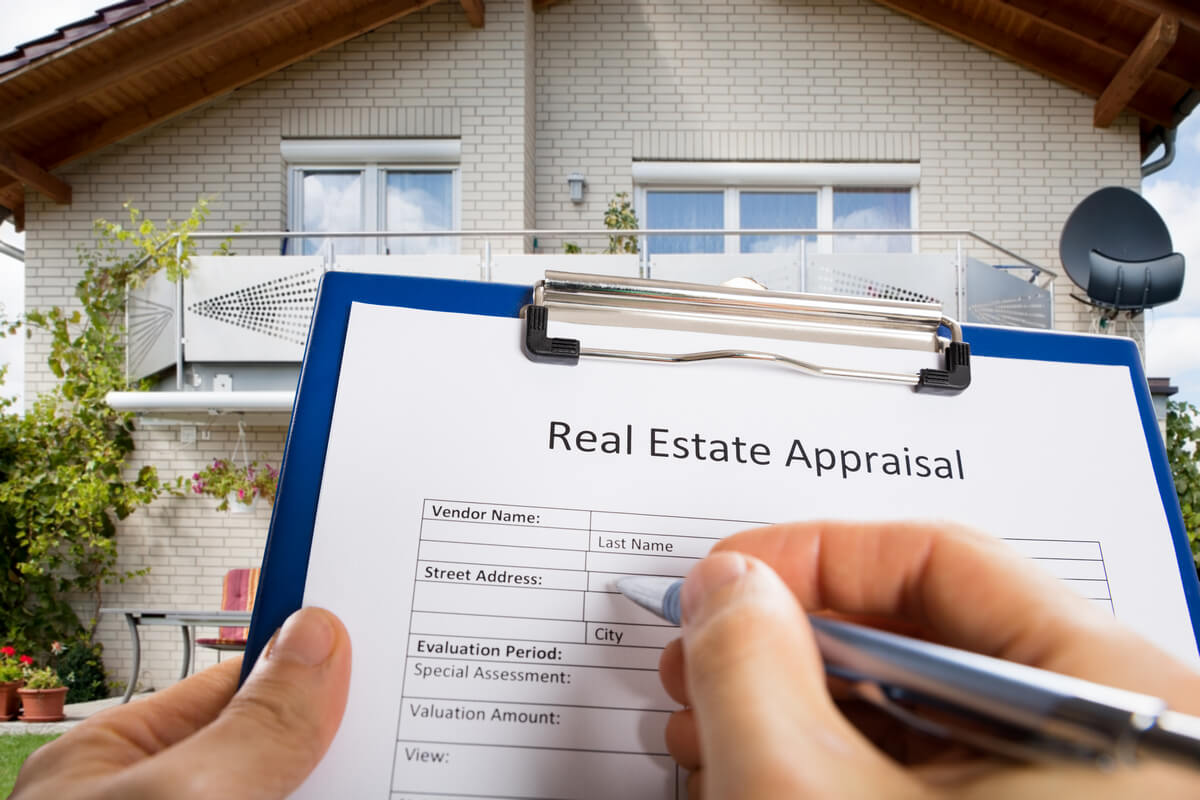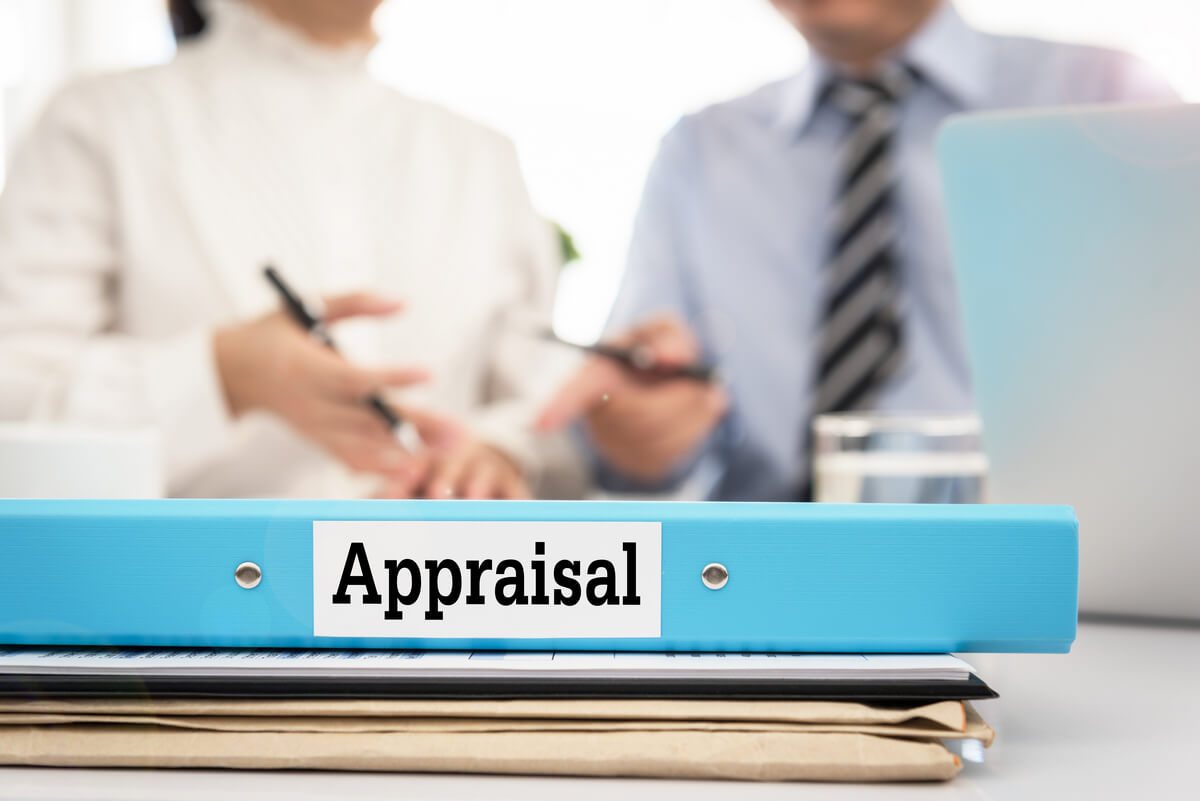The appraisal is a key step in the process of buying or selling a home. As a buyer, the appraisal needs to meet or exceed the contracted price. As a seller, you need the appraisal to meet or exceed the sale value of the property. This confirms to the mortgage lender that the buyer is receiving the correct amount of money to purchase the home.
A low appraisal can be a frustrating obstacle when trying to buy or sell your home, but it isn’t the end of the road. If the appraisal is lower than you were expecting, you may be forced to adjust or reevaluate your plan. But don’t panic. You have several options for challenging a low appraisal so that you can follow through with the transaction. Here are seven steps to take:

1. Get a copy of the appraisal.
You have the right to see a copy of the appraisal, and this is your first step toward challenging the decision. Your real estate agent or mortgage officer should be able to get a copy of the appraisal for you to review.
Be prepared to take your time when reading the document. It takes a considerable amount of research and effort to put your case together, so attention to detail is key.

2. Review and evaluate the comparable homes.
The appraiser will have made a list of comparable homes in your area to assess the value of your property. These comps should be very similar to your own home for the most accurate appraisal. However, in many cases, the comps have some important differences. If you can find several variances between your home and the comparable homes from the appraisal, you may be able to argue that the appraisal isn’t accurate.
Your real estate agent can help you find the relevant information for the homes the appraiser selected. This includes lot size, square footage, age of the home, and amenities. Make a detailed list of this data for each home, and look for notable differences between these properties and your own home.

3. Contest discrepancies with the comparable homes.
You may find discrepancies with information like home size or lot size when you review the comparable homes from the appraisal. Additionally, you should look into the location of each of the homes. Housing prices can vary significantly between neighborhoods, so for the appraisal to be as accurate as possible, all of the homes should be in the same neighborhood. If that’s not the case, you may have a good case for challenging the appraisal.
Similarly, make sure the homes are all in the same school district. The quality of the local schools can make a big difference in the home prices in the area. If some of the homes from the appraisal are in a sub-par school district compared to your home, you can argue that your home should be valued at a higher amount.
If you and your realtor believe that the list of comparable homes in the appraisal is unfair or inaccurate, you need to work together to put together your own list of more accurate comps.

4. Make a list of upgrades or amenities.
It can sometimes be difficult to compare a property to others in the area if the home has had considerable upgrades. If your home has state-of-the-art appliances, central air, hardwood floors, or any other amenities that set it apart from neighboring homes, make sure the appraiser is aware. A few upgrades to your home could make a major difference in your appraisal, but some appraisers don’t pay close attention to those features during their initial assessment.

5. Look into permit issues.
Permit issues are sometimes a factor in low appraisals, but it can be easy to sort the situation out. Your appraiser may have reduced the value of your home if they couldn’t find the permits for certain room additions or other upgrades. Without the correct permit, the appraiser can’t recognize these features when calculating the value of the home.
If you renovated your home with the right permits, they may have simply been filed incorrectly with your town. You can call your town offices or visit in-person to try to locate the permits or find other documentation that will help you plead your case. Then, you can pass this information along to your appraiser and request an amendment.

6. Ask your appraiser for a new determination.
When you have compiled all of the information that will help you make the case for a new appraisal, you can reach out to your appraiser for a new determination. You may have to go through the bank or mortgage lender that ordered the appraisal, but most organizations are open to hearing disputes.
It’s important to have your real estate agent with you during this step as your agent has more knowledge and experience with these negotiations. Your realtor has probably seen dozens of appraisals in your area, so they can present the information and make counter arguments in a way that is more impactful and more likely to be successful.

7. Request a new appraiser.
If the appraiser will not reconsider their assessment after you present your evidence, it may be time to request a second appraiser from the bank or mortgage lender. It can be frustrating to go to such lengths for the appraisal to be reevaluated, but if you have a compelling case, it may be worth trying to get a new opinion. Again, you and your real estate agent need to work together to write a letter to the lender requesting that they send a second appraiser to evaluate the property.
Finally, another option is to order your own appraisal for the home. This should be done as a last resort since you’ll have to pay out-of-pocket, but if you and your realtor truly believe that you can get a better appraisal, and you decide it’s worth the extra expense, go for it.
Getting a low appraisal on a home you’re buying or selling can be disappointing, but you always have options. Don’t let the initial appraisal stop you from going through with the sale. Instead, work with your real estate agent to find evidence in favor of a higher appraisal, and ask for reconsideration.
Be sure to check out the Home Valuation Tool or reach out for your personalized Home Value Report!
I look forward to supporting you soon!




